By Sarah Bakhtiari

Are the U.S. and Russia stumbling to war? Graham Allison and Dimitri Simes argue that U.S. presidents have failed to win the peace since the end of the Cold War.
In case you missed it, May 8th was Victory in Europe Day—these photos capture that day 70 years ago.
Regional experts weigh in on how ISIS reads Islamic scripture in a five-part Brookings series. Mara Revkin explains that ISIS leverages Islamic law and scripture to justify economic activities that normally resemble organized crime. In another perspective, ISIS should be conceptualized not just as an aspiring pseudo-state, but also as a transnational civil society that has problematically mobilized into a violent force. And here, it’s just another ordinary insurgency.
Data replication is getting more attention from top journals: the American Journal of Political Science announced all articles submitted for publication must pass a replication test by an external statistician.
Should there be a global market for leaders, allowing citizens of a state to ‘hire’ the best of the political elite?
Social movements and civilian-led demonstrations are a major weapon in territorial conflicts, according to Russia’s 2014 military doctrine. Maciej Bartkowski considers if nonviolent civilian defense can turn a whole nation into a fighting society.
Will Hong Kong’s umbrella movement be revived in the wake of the decision by China’s Standing Committee of the National People’s Congress to allow universal suffrage in the 2017 elections while restricting candidates to a few nominated by a pro-China committee?
Charli Carpenter opines on the future of global security studies, in preparation for the upcoming debut of ISA’s new journal, the Journal of Global Security Studies.
In light of Burundi’s coup this week, Alexander Noyes examines the extant scholarship on the potential for coups to be “good” for democratic opening—but also that the long-term effects of coups need to be considered.


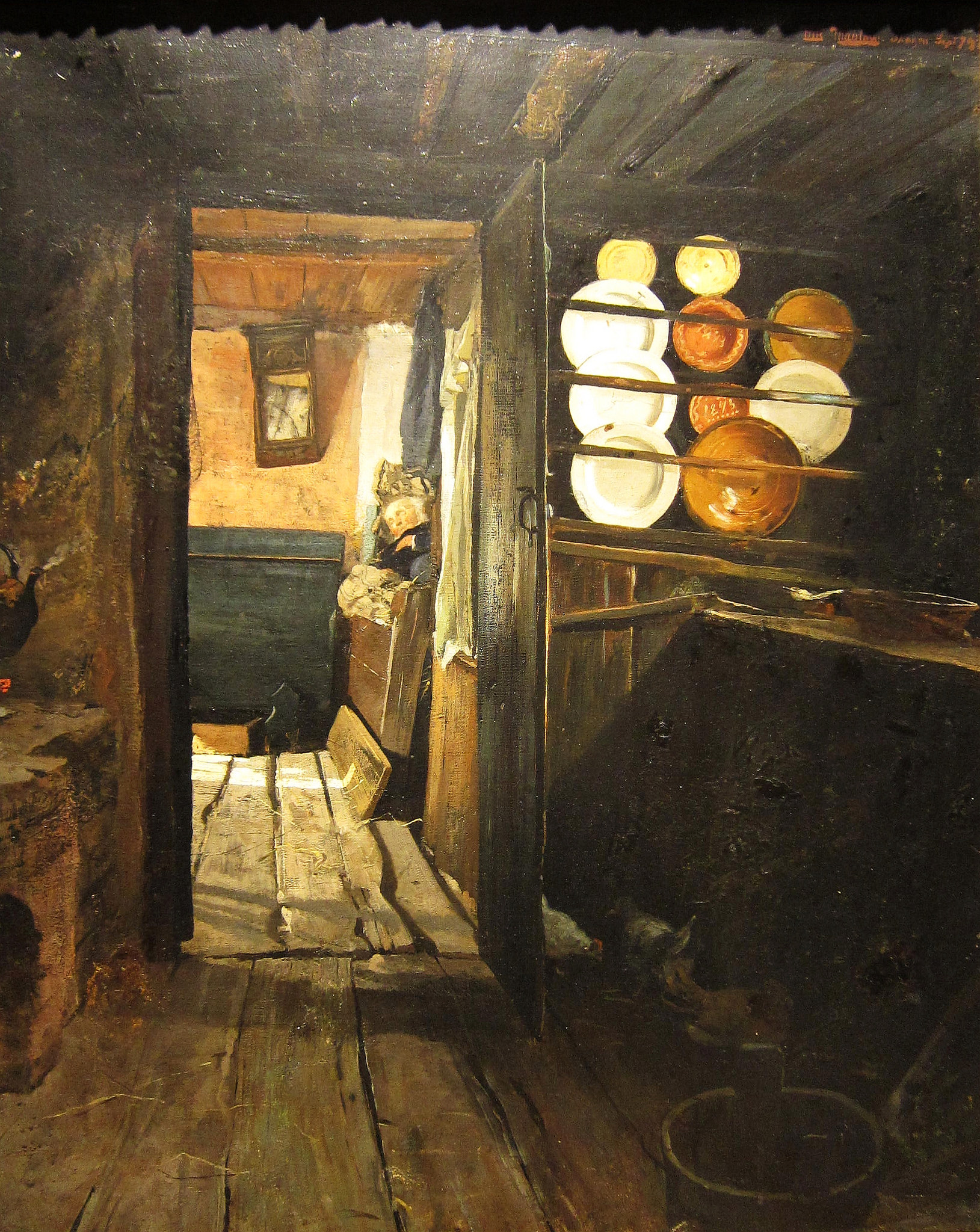
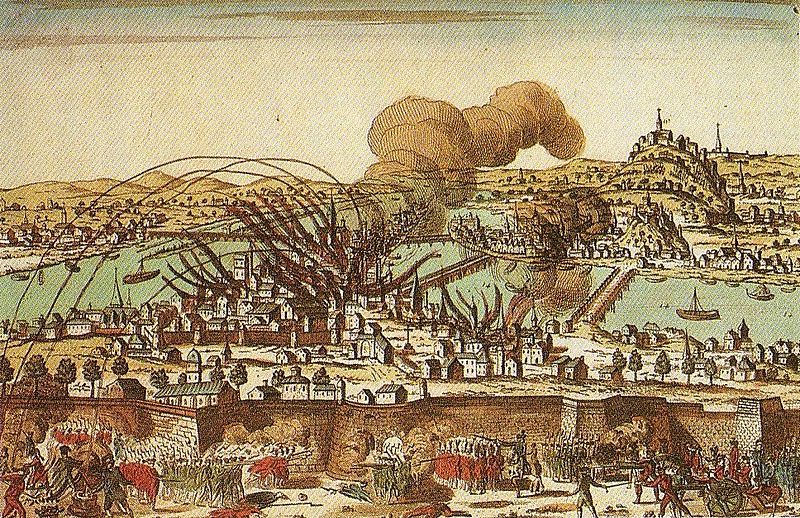

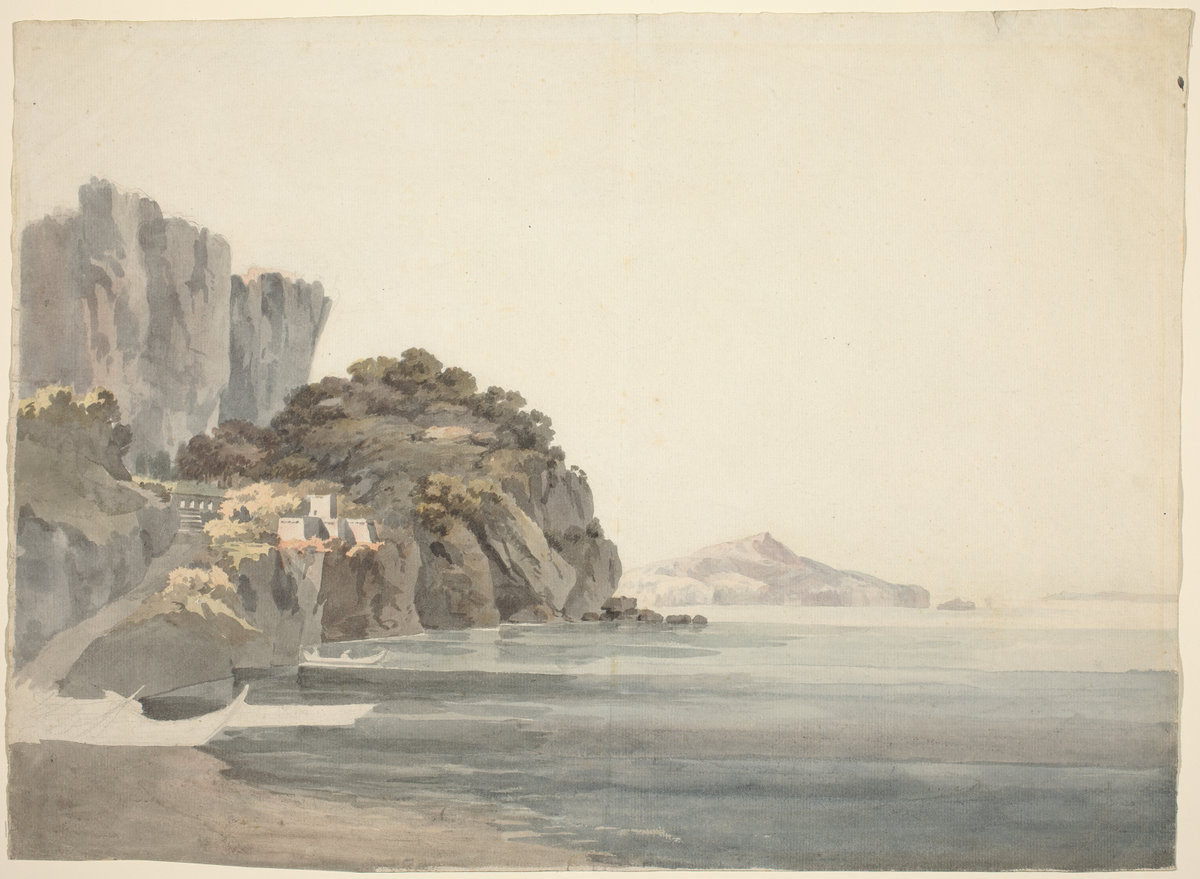
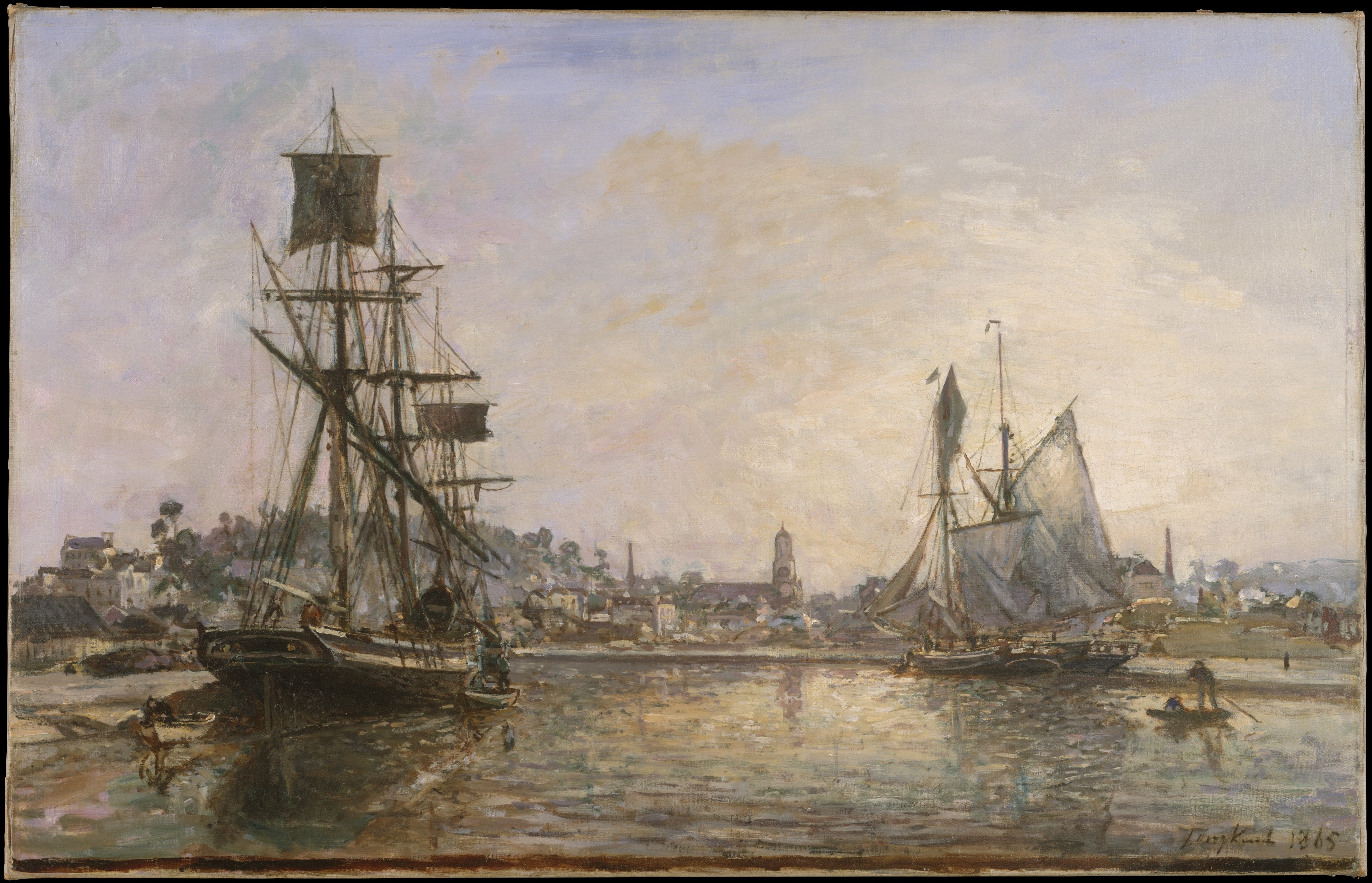
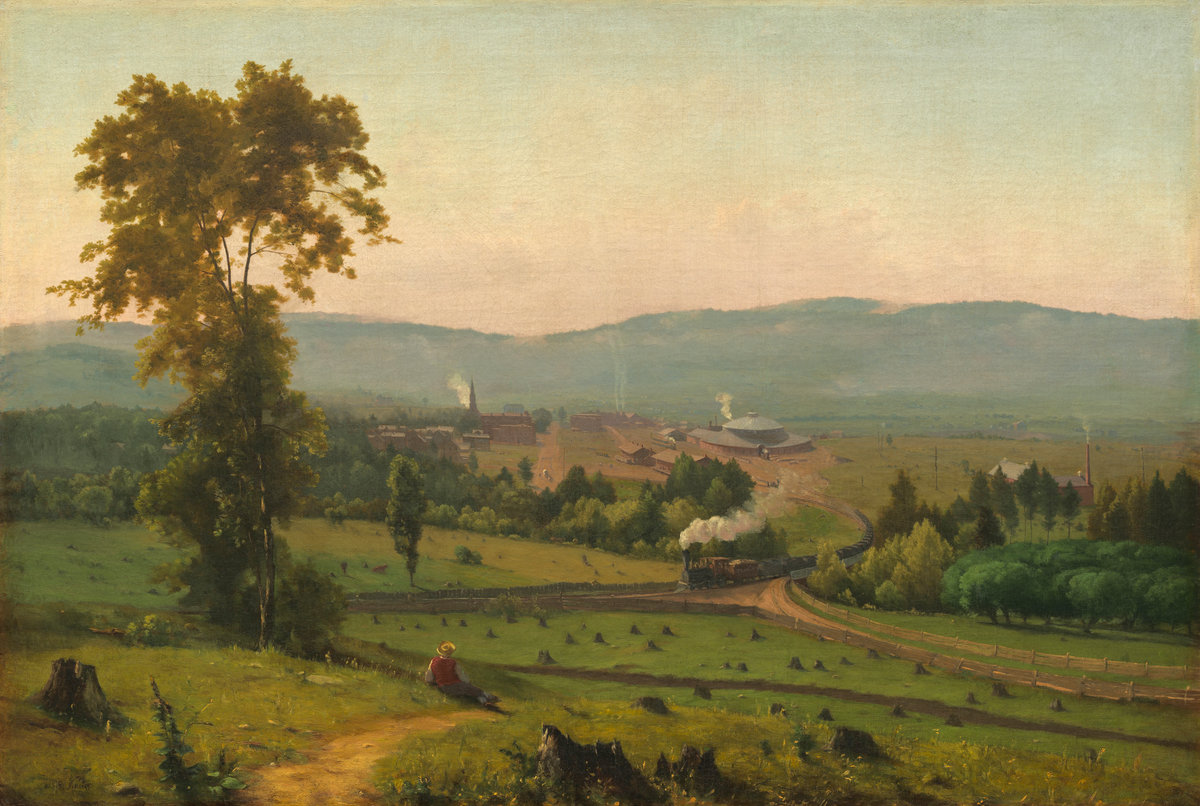
2 comments
Reblogged this on TROZAN.